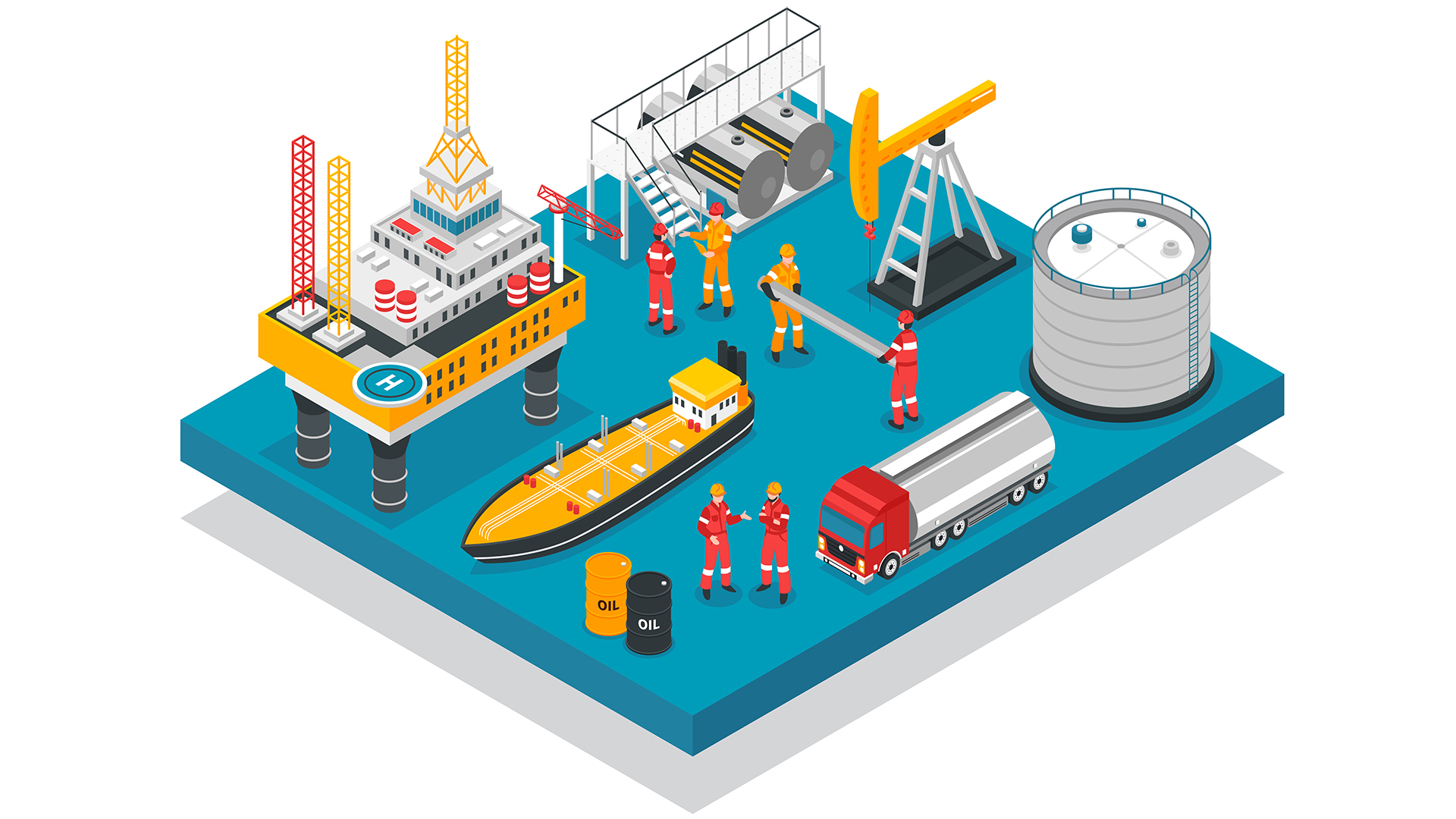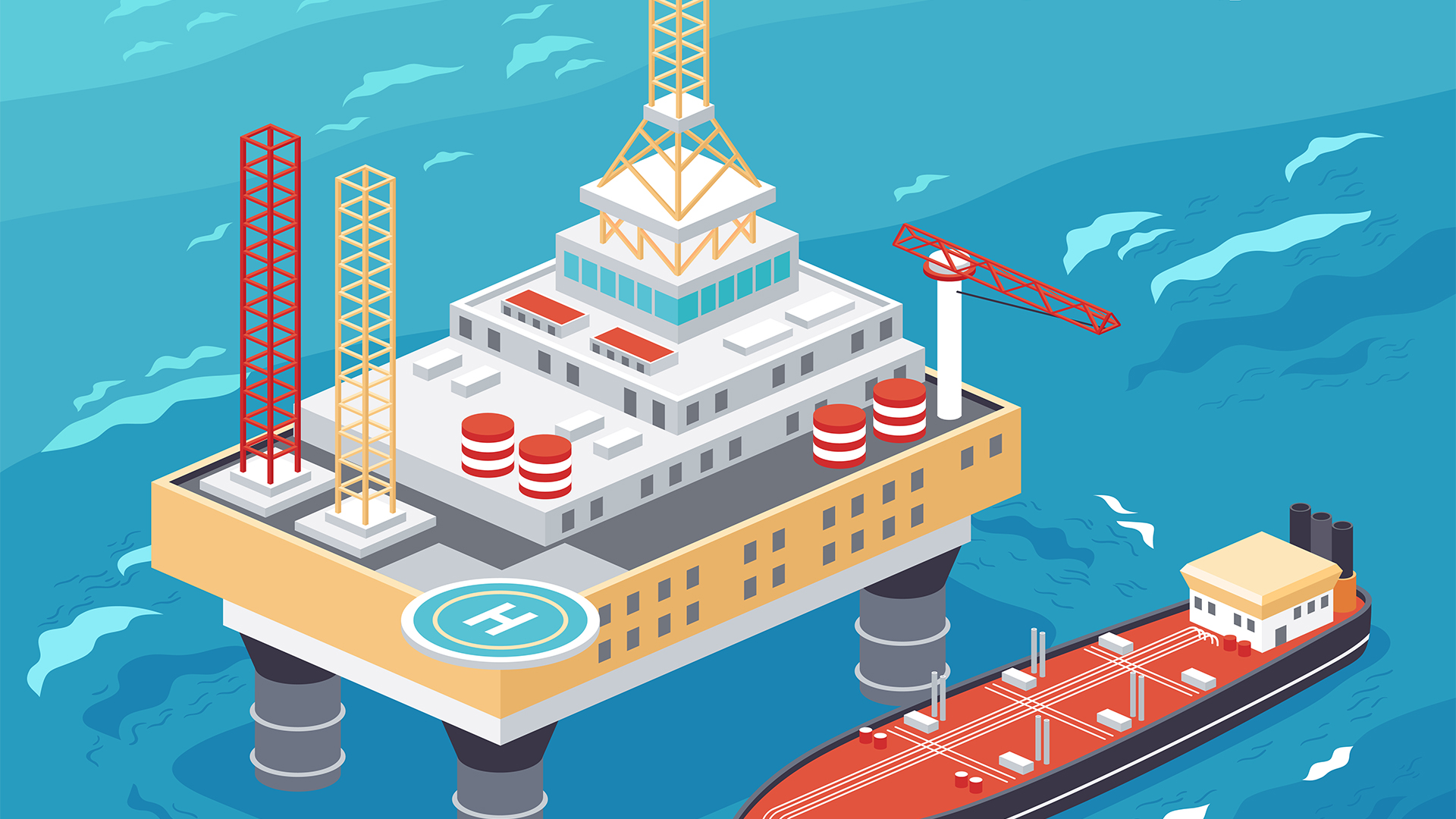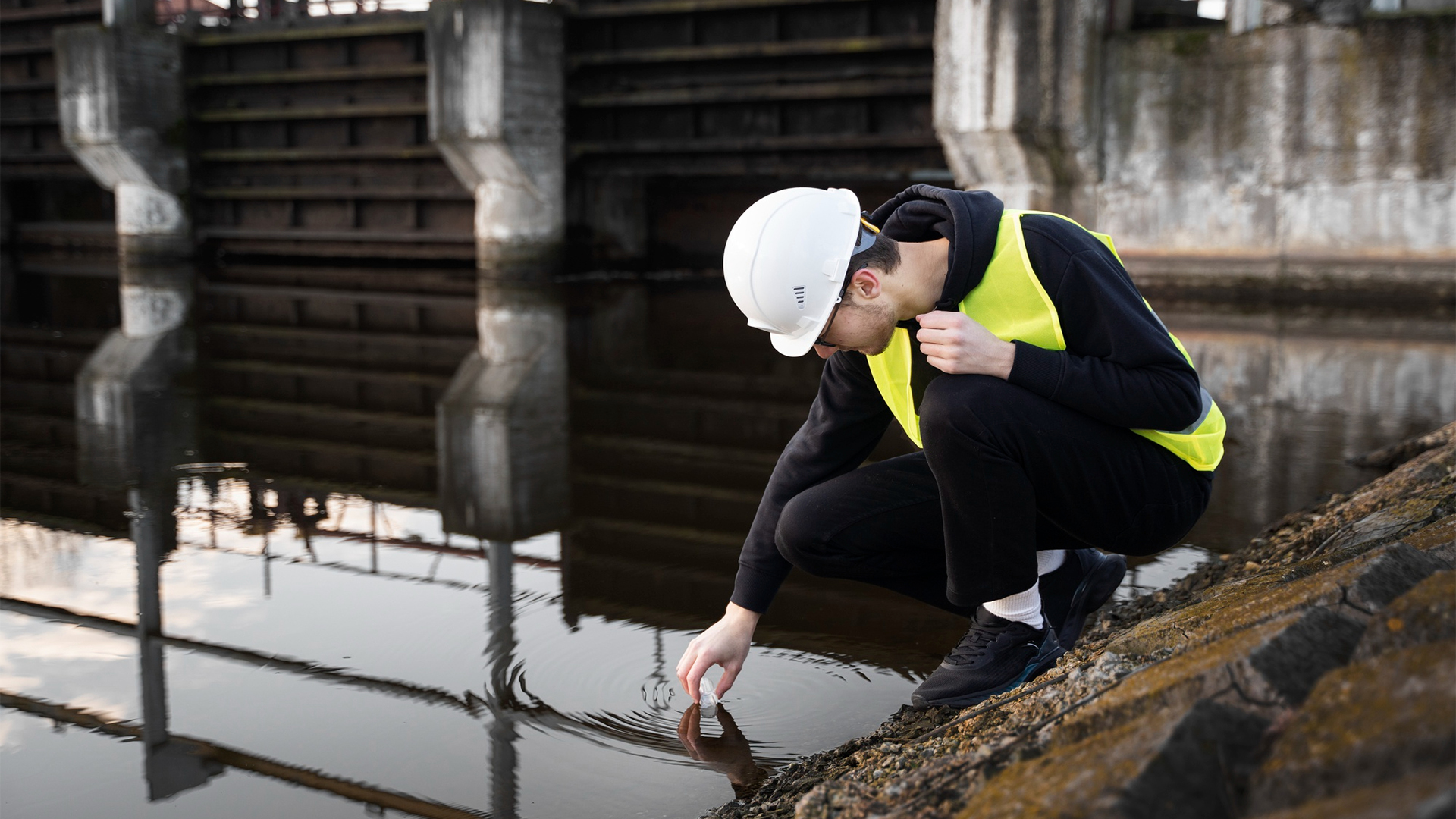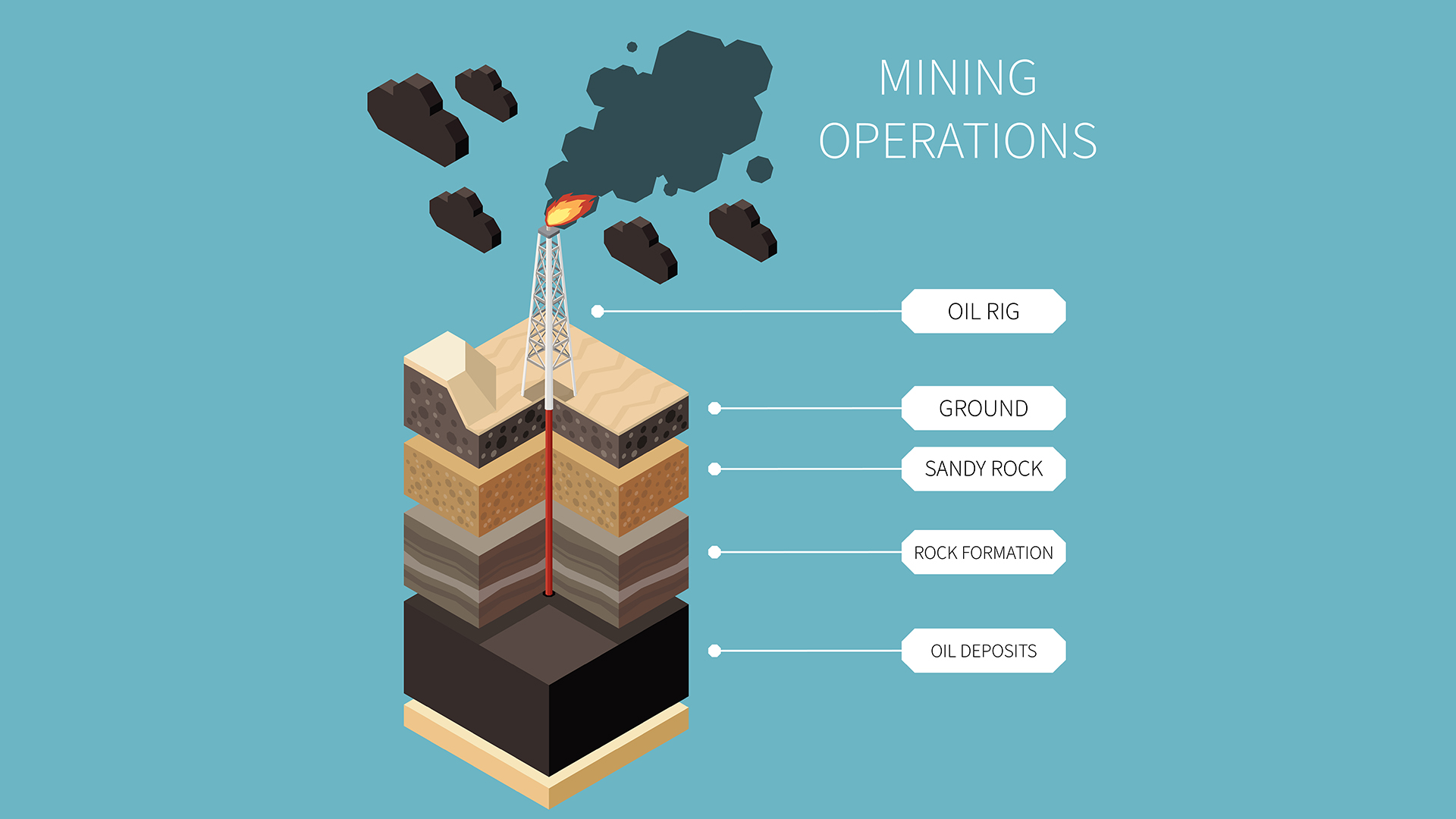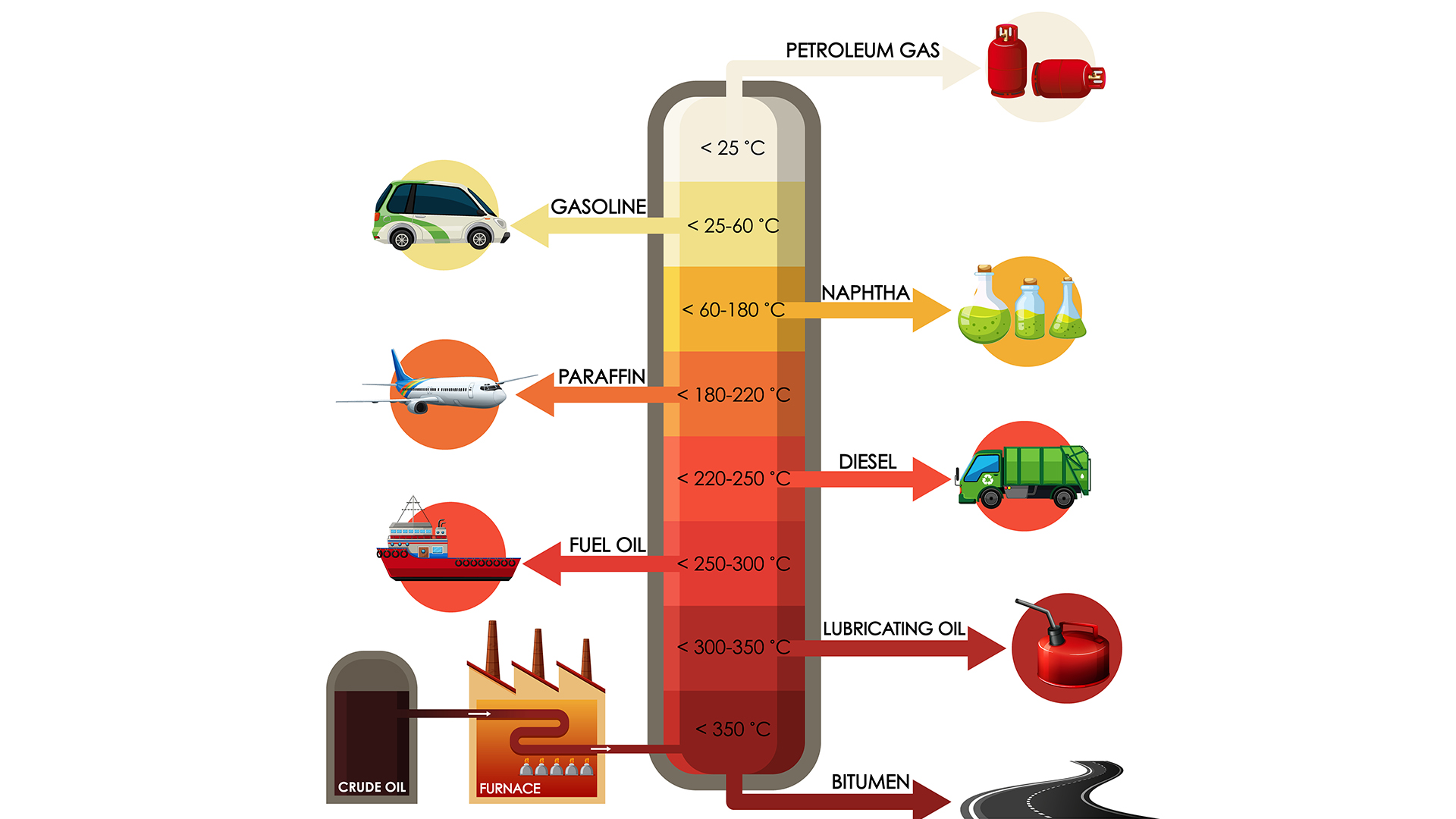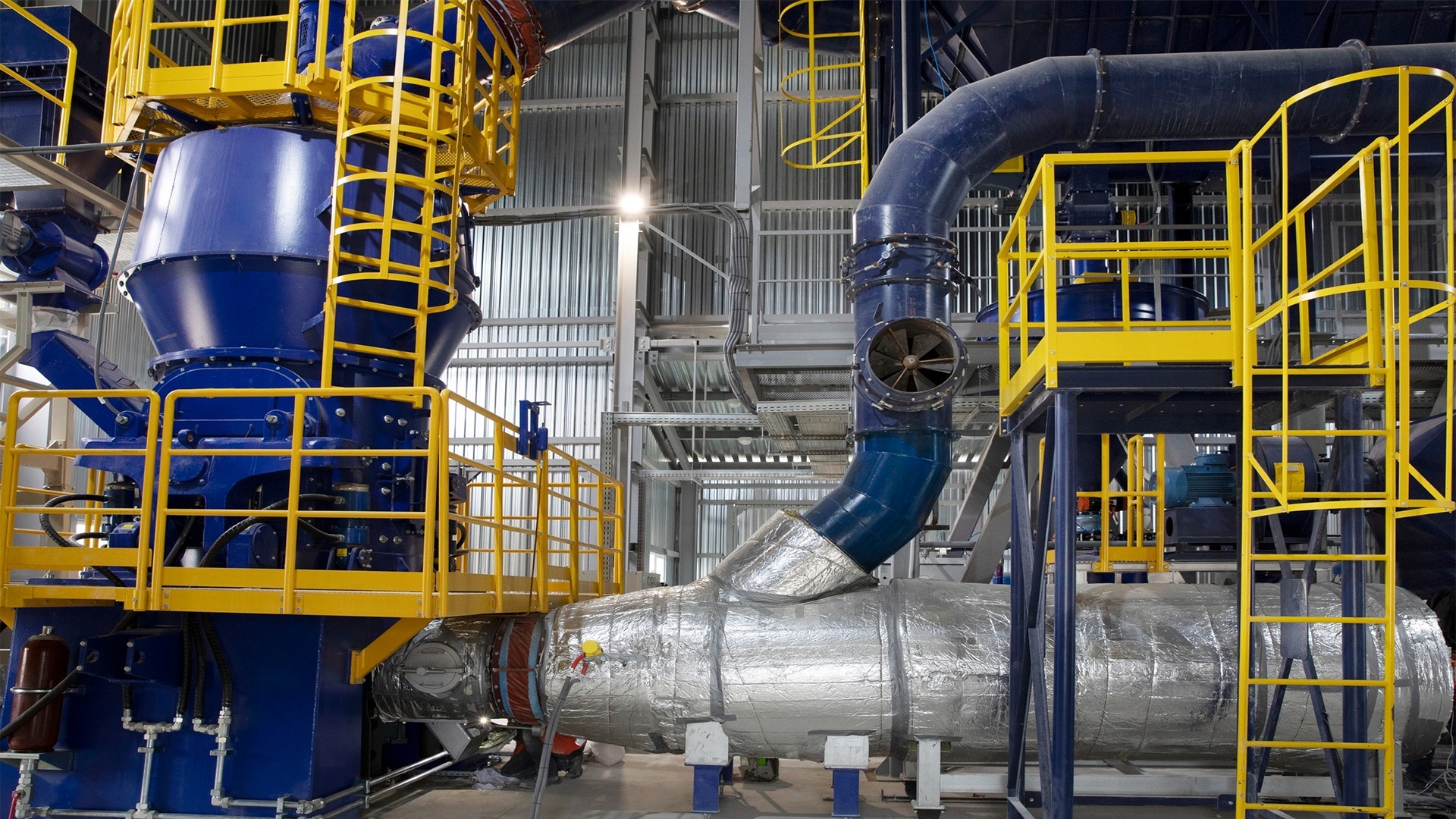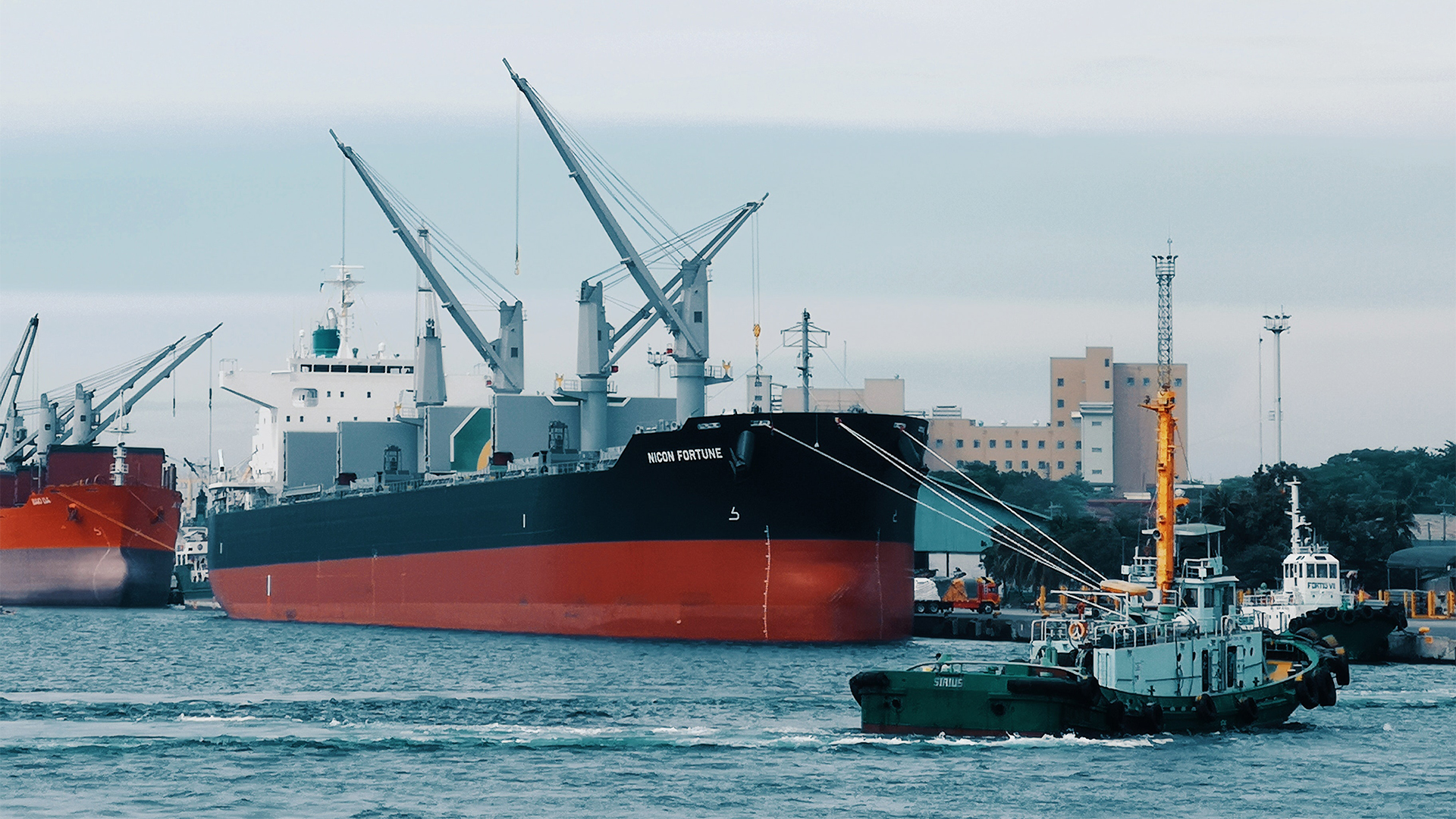
FPSO Vessels & Tankers The Art Of Engineering
Course overview
What exactly does FPSO mean? Floating Production Storage and Offloading is referred to as FPSO. These are the containers that are necessary for the extraction and purification of oil and gas. They serve as movable offshore storage platforms for gas and oil. For the separation, storage, and offloading of oil and gas from subsea oil wells and platforms, the boats are equipped with processing machinery. Most FPSOs resemble super-tankers in terms of design. FPSOs may also contain housing options for crew members who spend a lot of time at sea in addition to oil and gas processing machinery. Technology is crucial to FPSO operations because they are so complicated.
By providing you with thorough understanding of FPSO design, operations, and the technology employed within, this Training Bee training course will enable you to manage and successfully oversee FPSO end-to-end operations. All details necessary for managing operations and personnel aboard FPSOs effectively and fostering organizational growth are covered in the training material. This will also provide you the chance to showcase your abilities and potential and take advantage of growth chances, establishing a clear route to professional success.
Introduction
Floating Production, Storage and Offloading vessels (FPSOs) have become an essential part of the oil and gas industry. FPSOs are purpose-built ships used to process and store oil and gas offshore. They can be used for Enhanced Oil Recovery (EOR) operations, adding more value to recovered oil and reducing the environmental impact of oil extraction. FPSO vessels also allow for field-life extension where subsea production is not feasible or economic.
The design and engineering of FPSO vessels is a complex process as they have to meet increasingly stringent safety regulations and environmental standards. It involves the collaboration of several engineering disciplines, such as naval architecture, marine engineering and process engineering. In addition to design and engineering, the operators of these vessels need to ensure they are up to date with the latest best practices for marine operations and safety while managing natural resource constraints. Operators must also consider the economic and environmental performance of the FPSO’s operations to ensure it is maximizing value extraction while minimizing any negative environmental impact. Ship and tanker design and engineering are similarly complex processes. Like FPSOs, these vessels have to be designed and constructed to meet stringent safety standards and environmental regulations.
In addition, ship and tanker design must also consider their operational requirements, including cargo capacity, speed and maneuverability. For the oil and gas industry, ship and tanker design and engineering has a significant impact on the efficiency and safety of oil transportation, from field to shore. These vessels must be designed and delivered to the highest quality standards with stringent operational requirements and safety protocols to ensure safe cargo transit.
We are The Training Bee, a global training and education firm providing services in many countries. We are specialized in capacity building and talent development solutions for individuals and organizations, with our highly customized programs and training sessions.
Learning Objectives
Upon completing FPSO Vessels & Tankers: The Art of Engineering, participants will be able to:
- FPSOs are well understood, including their design, operations, and the technology employed. This knowledge and expertise is necessary for someone to effectively manage and control end-to-end operations on FPSOs, indicating the possibility for future growth prospects.
- The knowledge and experience required to evaluate current FPSO operations and implement adjustments for improved quality and efficiency, contributing to organizational development.
- The expertise, assurance, and experience to instruct other experts on how to use cutting-edge technologies and procedures for improved operations
- The knowledge and skills to implement cutting-edge systems and technologies to promote operational excellence
Our Unique Training Methodology
This interactive course comprises the following training methods:
- Role-playing – Participants will take part in several roleplays and understand practical ways of solving issues.
- Journaling – This consists of setting a timer and letting your thoughts flow, unedited and unscripted recording events, ideas, and thoughts over a while, related to the topic.
- Social learning – Information and expertise exchanged amongst peers via computer-based technologies and interactive conversations including Blogging, instant messaging, and forums for debate in groups.
- Mind mapping and brainstorming – A session will be carried out between participants to uncover unique ideas, thoughts, and opinions having a quality discussion.
- Interactive sessions – The course will use informative lectures to introduce key concepts and theories related to the topic.
- Presentations – Participants will be presented with multimedia tools such as videos and graphics to enhance learning. These will be delivered engagingly and interactively.
Training Medium
This FPSO Vessels & Tankers: The Art of Engineering training is designed in a way that it can be delivered face-to-face and virtually.
Course Duration
This training is versatile in its delivery. The training can be delivered as a full-fledged 40-hour training program or a 15- hours crash course covering 5 hours of content each day over 3 days
Pre-course Assessment
Before you enroll in this course all we wanted to know is your exact mindset and your way of thinking.
For that, we have designed this questionnaire attached below.
- What specific areas of FPSO vessel engineering are you familiar with?
- What principles of good FPSO design do you consider to be important?
- What common operational challenges do FPSO operators encounter?
- What typical safety requirements are applied to FPSO vessels?
- How is dynamic positioning incorporated into FPSO vessel designs?
- What is the design process for constructing a new FPSO vessel?
Course Modules
This FPSO Vessels & Tankers: The Art of Engineering covers the following topics for understanding the essentials of the Agile Workplace:
Module 1 – the essential elements of an FPSO vessel
- Scattered mooring
- FPSO gunner
- Detachable FPSO gunner
- Dehydration of petrol
- Compression of gas
- Injection of water
Module 2 – Advantages of FPSOs
- Time Cost Safety Convenience
- Stronger fields
- Capacity for storage
Module 3 – Pre-Engineering Activities for FPSO
- Planning and designing conceptually
- Systems engineering for the sea
- Engineering in instrumentation and control
- Analysis of limit states and hydrodynamics
- Structural assessment
Module 4 – Types of Floating Storage Units
- Systems for floating production
- Offloading and floating storage
- Floaters for storing things
- Floating drilling production offloading and storage
- A floating vessel for liquefied natural gas
Module 5 – Mooring System Features
- At a geostationary location, anchor the vessel.
- Permit the ship to weathervane
- Create a conduit for the transport of liquids
Module 6 – Alternative Design Conditions
- Heating, lighting, and utility systems
- Systems for safety and control
- Mechanical handling systems and insulation
- Systems for cargo and ballast
Module 7 – Design Issues with FPSOs
- Choosing a mooring system
- Location of the housing block Process plant layout in relation to safety and functionality
Module 8 – handling on FPSOs
- Separation of well fluids into three phases
- Recompression of gas
- Treatment of gas
- Treatment of produced water
- Filtration of injection water
Post-course Assessment
Participants need to complete an assessment post-course completion so our mentors will get to know their understanding of the course. A mentor will also have interrogative conversations with participants and provide valuable feedback.
- What is the basic design of FPSO vessels, ships, and tankers?
- What marine operations and engineering considerations are important when operating an FPSO?
- What safety regulations should be adhered to when operating an FPSO?
- What technical challenges are encountered when operating an FPSO?
- What are the key differences between a ship and an FPSO vessel?
- How do practitioners ensure operational excellence when operating an FPSO?
Lessons Learned
FPSO vessels, ships, and tankers are integral components of the oil and gas industry. They must be designed, constructed, and operated to safely and reliably transport and store oil, gas, and related products. Operators must ensure that the design meets safety and environmental requirements, while engineering and operations must focus on keeping operations running and maximizing efficiency. Worker training must be done to ensure proper safety protocols and practices are in place. Overall, the lesson from this is that the oil and gas industry requires careful and careful consideration of all design, engineering, and operational decisions to ensure safe and reliable operations.
“Create, Engineer, and Run FPSO Vessels, Ships, and Tankers to Harness the Ocean’s Potential.”
